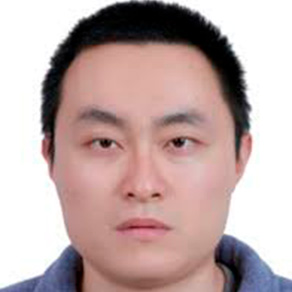
Eric P. Xing
It Is Time for Deep Learning to Understand Its Expense Bills [virtual]
Summary
In the past several years, deep learning has dominated both academic and industrial R&D over a wide range of applications, with two remarkable trends: 1) developing and training ever larger “all-purpose” monster models over all data possibly available, with a astounding 10,000x parameter number increase in recent 3 years; 2) developing and assembling end-to-end “white-boxes” deployments with ever larger number of component sub-models that need to be highly customized and interoperative. Progresses made to the leaderboards or featured in news headlines are highlighting metrics such as saliency of content production, accuracy on labeling, or speed of convergence, but a number of key challenges impacting the cost effectiveness of such results, and eventually the sustainability of current R&D efforts in DL, are not receiving enough attention: 1) For large models, how many lines of code outside of the DL model are need to parallelize the computing over a computer cluster? (2) Which/How many hardware resources to use to train and deploy the model? (3) How to tune the model, the code, and the system to achieve optimum performance? (4) Can we automate composition, parallelization, tuning, and resource sharing between many users and jobs? In this talk, I will discuss these issues as a core focus in SysML research, and I will present some preliminary results on how to build standardizable, adaptive, and automatable system support for DL based on first principles (when available) underlying DL design and implementation.
Short bio
Eric P. Xing is the President of the Mohamed bin Zayed University of Artificial Intelligence, a Professor of Computer Science at Carnegie Mellon University, and the Founder and Chairman of Petuum Inc., a 2018 World Economic Forum Technology Pioneer company that builds standardized artificial intelligence development platform and operating system for broad and general industrial AI applications. He completed his PhD in Computer Science at UC Berkeley. His main research interests are the development of machine learning and statistical methodology; and composable, automatic, and scalable computational systems, for solving problems involving automated learning, reasoning, and decision-making in artificial, biological, and social systems. Prof Xing is a board member of the International Machine Learning Society; he has served as the Program Chair (2014) and General Chair (2019) of the International Conference of Machine Learning (ICML).























